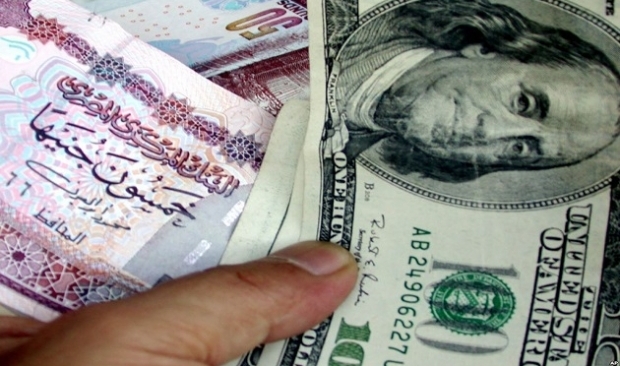Egypt's ruling generals faced a backlash over the departure of Americans on trial over charges that their pro-democracy groups fomented unrest, with the country's presidential hopefuls accusing military leaders of bowing to pressure from Washington.
On Wednesday the Egyptian authorities lifted a travel ban on 43 NGO employees of different nationalities, including 16 American citizens.
The trial began on Sunday. But on Tuesday, speculation about generals exerting pressure surfaced when the three judges hearing the case abruptly pulled out, citing "uneasiness."
Presidential hopeful Amr Moussa said on Friday that the people have the right to be informed of the circumstances that caused the judges to step down and who decided to lift the travel ban.
Moussa suggested that political pressure was put on the judges and that intervention by the authorities prompted them to step down.
He also condemned the public exchange of accusations between senior judges, and said that the case highlighted the current confusion, uncertainty and mismanagement of the country.
Lead judge Mohammed Shukry told the state-run newspaper Al-Ahram on Thursday that there was interference in his work, but he did not say from whom.
"The problem started with the requests to lift the travel ban on the foreigners," he said.
Presidential aspirant Hazem Salah Abu Ismail condemned the lifting of the ban, saying that the decsion was part of a pre-arranged plan implemented in stages, as the US Secretary of State announced that Egypt and the US were moving toward a resolution of the NGO case a day before the judges pulled out. He added that Egyptians' dignity must no longer be wasted.
Mohamed Selim al-Awa also demanded the Egyptian authorities clarify the reasons behind the release of the foreign defendants. During a campaign rally in Ismailia Friday he said that politics is the art of negotiation, but Egyptians must be informed enough to evaluate the issue and not be confused.
Presidential hopeful Hamdeen Sabbahi denounced what he called the sudden decision to lift the ban, which he described as a crime against the dignity and the sovereignty of the state. He added that interference in judicial rulings tears out the cornerstone of a democratic state.
Sabbahi said on Twitter Friday that the issue raises questions about the independence of the Egyptian judiciary, especially after American statements asserted that the decision was a result of threats and pressure from the US, which prompts doubt about the seriousness of the trials of former regime figures.
Hossam Khairallah said that what happened was apparently part of an undeclared bargain or agreement between Cairo and Washington. He said the case was a strongly worded message to the US administration that Egypt is not a minor power and will not allow any country to compromise its dignity or security.
Khairallah criticized the double standards seen in the treatment of Egyptian and foreign defendants in the case.
Leading democracy advocate and Nobel laureate Mohamed ElBaradei tweeted that political meddling in the judicial process is "a fatal blow to democracy," adding that the incident was "blatantly irreconcilable" with an independent judiciary and democracy. He was an outspoken critic of the Mubarak regime as well as of Egypt's current military rulers.
The Muslim Brotherhood, which controls nearly half the seats in parliament and has emerged as the strongest political group since Mubarak's fall, said there was "clear interference" in Egypt's domestic affairs and in the work of the judiciary.
Brotherhood spokesperson Mahmoud Ghozlan said he believes the US pressured Egypt's ruling military council to ensure the Americans return home before the case is concluded.
"The former regime was subservient to the US. Until now the military council cannot understand that there was a revolution and continues the same policies of answering to Washington," Ghozlan told the Associated Press.
Nasser Amin, a legal expert with an NGO that was raided in December but never charged, sharply criticized the lifting of the travel ban because of political meddling in courts. He called for an investigation into all those involved in the case, saying that the generals used the system to portray their critics as agents of foreign powers.
"Mubarak's regime, which would use the courts for political purposes, remains intact," AP quoted Amin as saying.
Egyptian lawmakers are currently discussing ways to reform laws that govern civil society groups. Under the Mubarak regime, they were required to get licenses from the government, forcing many to work informally and putting them under constant threat of crackdowns.




